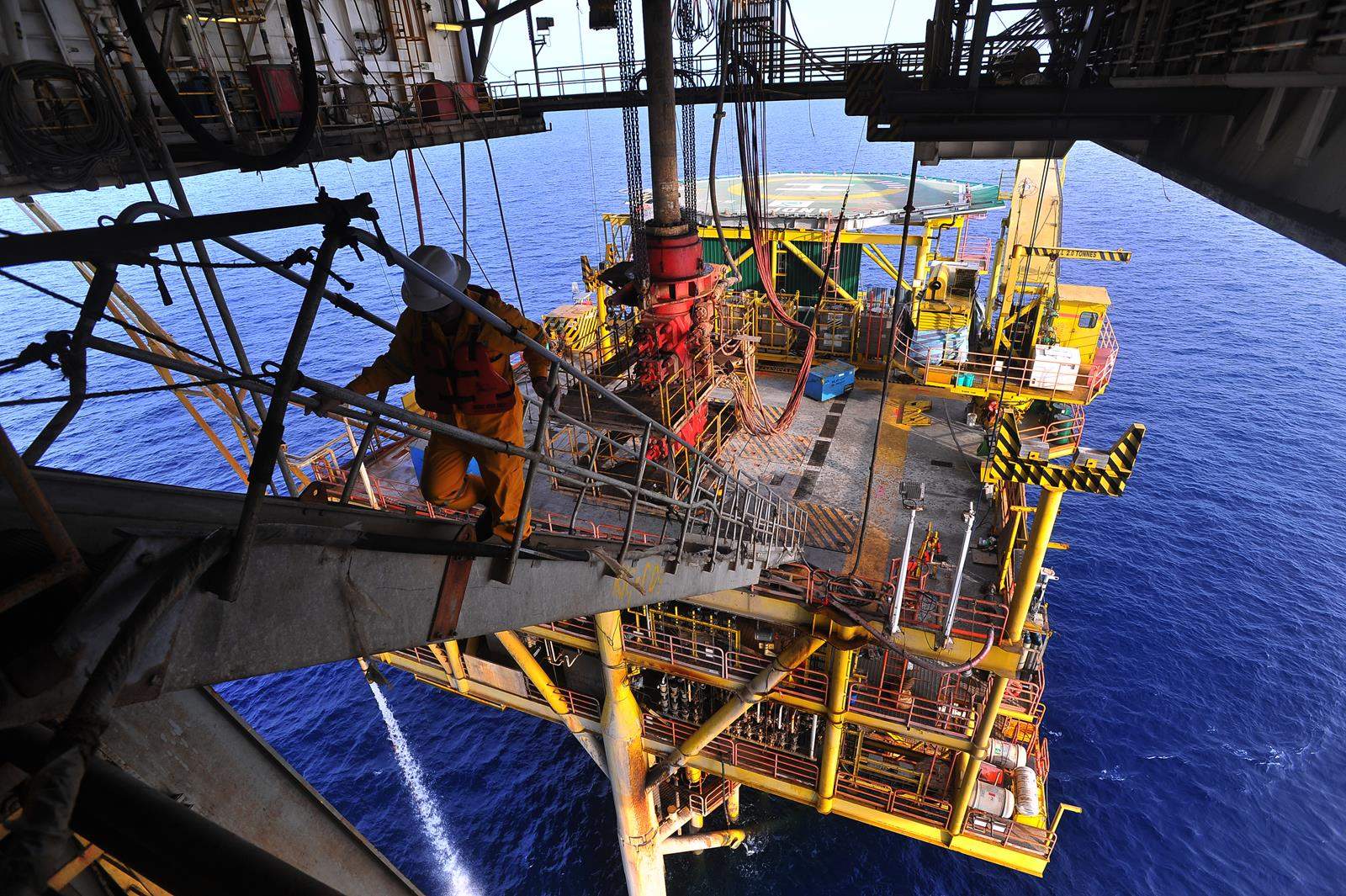
Malaysian oil and gas company Petronas has launched a challenge for engineers to design new methods of refrigerating natural gas.

Discover B2B Marketing That Performs
Combine business intelligence and editorial excellence to reach engaged professionals across 36 leading media platforms.
The company says conventional refrigeration requires a large footprint and is complex, and heavy, which is challenging for offshore applications. It has asked engineering firms to submit proposals for systems which tackle these problems.
Petronas is seeking a new non-toxic, non-corrosive and environmentally friendly refrigerant. The substance would have a low freezing point to avoid blockages, but also have a high latent heat of vaporisation. It should also be stable, not decompose, and be easy to maintain.
Petronas intends to use the technology to make natural gas fields with high levels of CO₂ profitable. Operators would refrigerate gases, condensing them as they are extracted, which would make it easier to separate CO₂.
On its website, Petronas said: “The main challenge for Cryogenic distillation of high CO₂ gas with the presence of nitrogen is the high refrigeration energy requirement due to low operating temperature, resulting in high capital cost affecting the overall economics of the project.”

US Tariffs are shifting - will you react or anticipate?
Don’t let policy changes catch you off guard. Stay proactive with real-time data and expert analysis.
By GlobalDataSystems would have to cool gas to -165°C. Gas inputs would be at pressures of between 8 bar and 15 bar, flowing at 300 million standard cubic feet per day.
Submissions are open to any companies until the end of March. The winning submission will announced in June, and the winner may be able to develop their solution with Petronas. Shortlisted proposals may need to carry out rig tests at their own costs at a site advised by Petronas.
The company has previously used similar open-source challenges to develop technology for boat fenders, ultrasonic measurement drones, and stopping chlorine corrosion.





